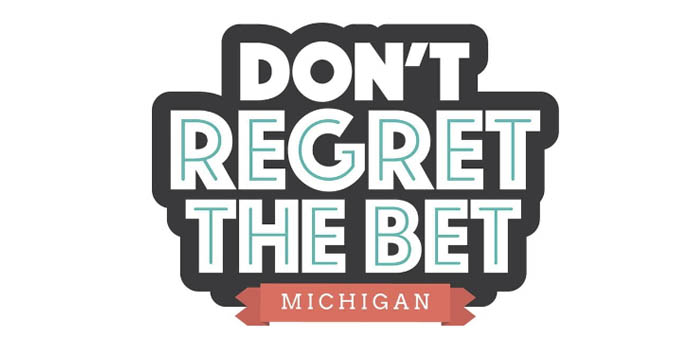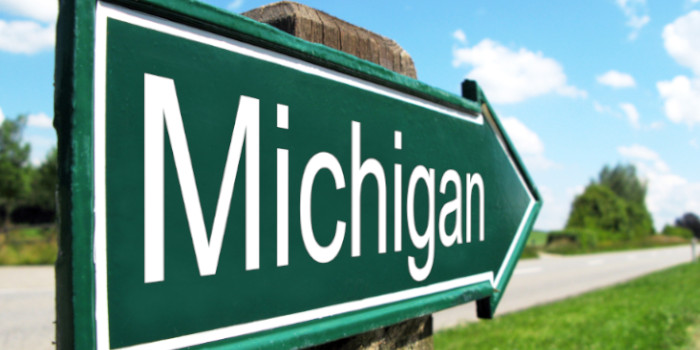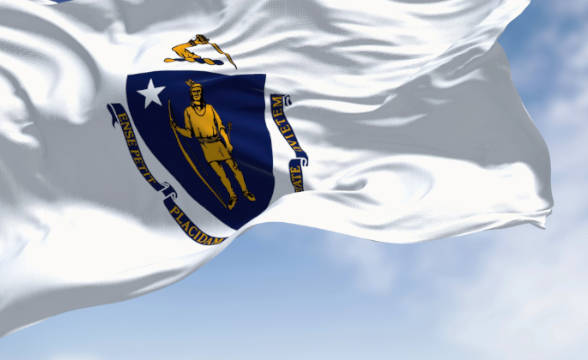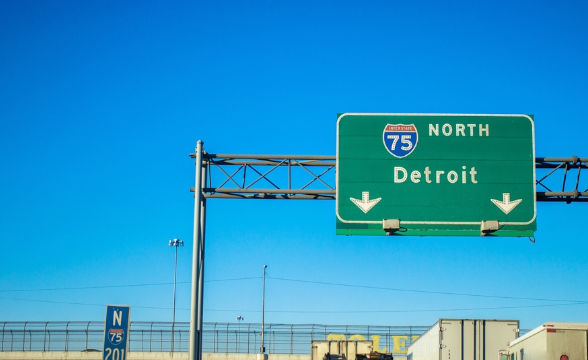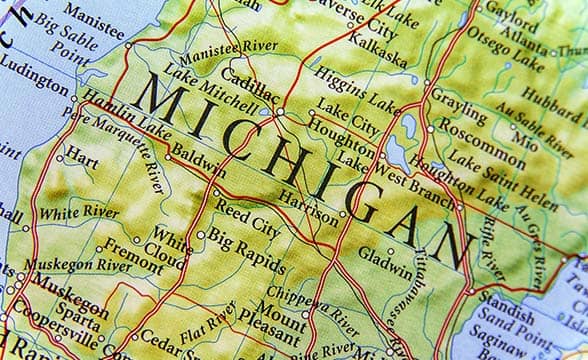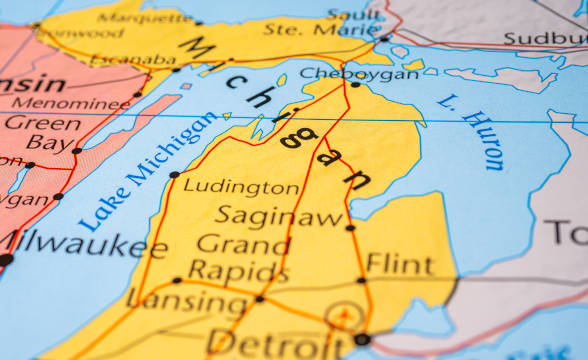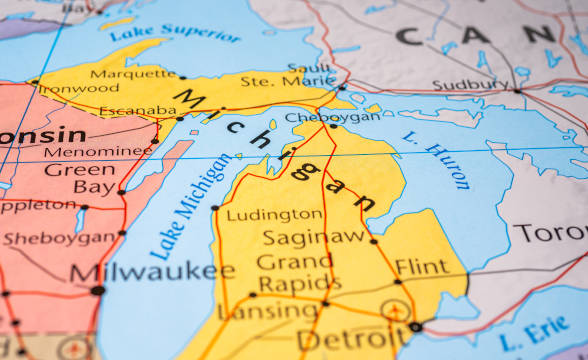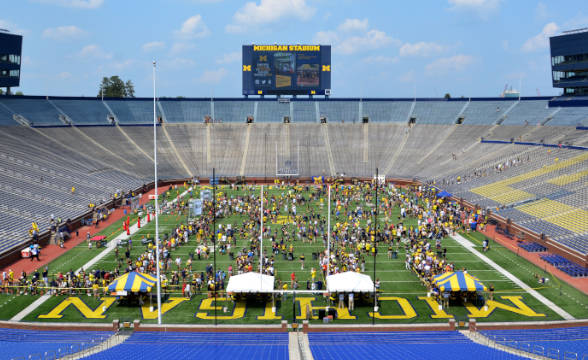Detroit Casinos’ September Revenues Drop, Paying Less Tax

The Michigan Gaming Control Board (MGCB) released Wednesday the September revenue figures for the commercial casinos in Detroit, reporting a year-over-year drop in slot and table game verticals.
MGM Grand Detroit, MotorCity Casino Hotel, and Greektown Casino-Hotel generated $87.9 million in gambling revenues, plus another $4.4 million in adjusted receipts from sports betting. The reported gambling revenues for the first full month of operation for the three casinos since their reopening are 58% down compared to the same period in 2019, slot and table games alone dipping 21% year-on-year.
Nearly 5 Months of Hiatus
The commercial gaming establishments in Detroit were ordered to shut down operations March 16, to comply with state efforts to curb the further spread of the coronavirus, and they were not allowed to reopen until August. With capacity restricted at 15% and bans on poker, self-serve buffets and smoking inside the premises, GreekTown and MotorCity casinos reopened August 5, and MGM Grand followed suit two days later.
During the period of casino closures all three Detroit casinos furloughed workers, seeking to trim costs and ensure business sustainability. After the reopening, business was slow causing some of the furloughed employees at MGM Grand to be permanently laid off. By the end of August MGM Resorts announced it would downsize the workforce at its Detroit gaming property with 1,100 people, as part of its nationwide plan to release permanently 18,000 workers.
Fall in Revenues Generated Less Tax
MGM Grand posted $36.1 million in revenue, closely followed by the gaming property owned by the Ilitch family, MotorCity, with $32.2 million, and the casino leased by Penn National Gaming from VICI Properties which acquired it for $700 million in 2019, Greektown, came in third with $19.6 million. Reported revenue figures allocated a September market share of 41%, 37% and 22% for the three gaming establishments, respectively.
The commercial casinos paid $7.3 million in state taxes, also down year-on-year, as the September 2019 tax was $9.1 million. Total payment to the state also included $10.7 million in wagering taxes, sports betting taxes and development agreement payments to the city of Detroit. Non-gaming revenues such as food and beverage are not included in the reported figures by the MGCB.
Due to the decline in the tax payments from the commercial casinos, both the state’s and the city of Detroit’s financial revenue projections from gaming failed, opening up a gaping hole in the budget. Before the virus infection disrupted the gaming and hospitality industry, as well as many others, casinos were Detroit’s third largest source of revenue, contributing 16% of the city’s general fund.
With 4 years experience as an analyst, Julie—or ‘Jewels’, as we aptly refer to her in the office—is nothing short of a marvel-worthy in her attention to the forex and cryptocurrency space as she quickly became the first pick to co-pilot education to the masses with Mike.

